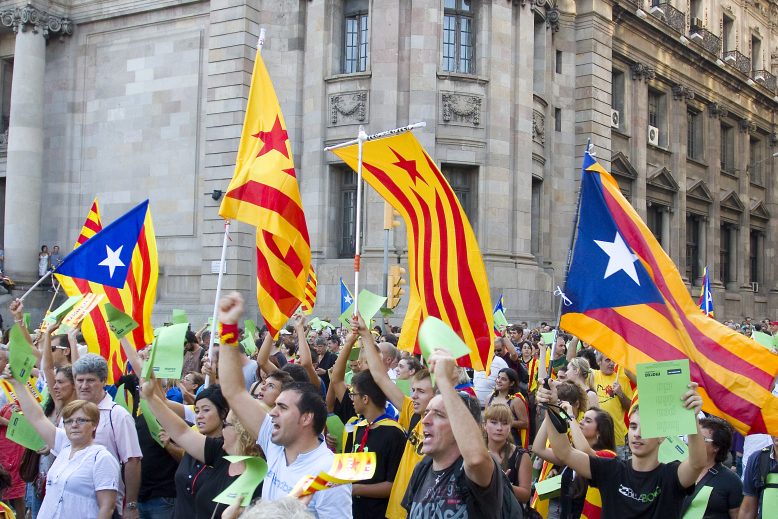2 percentage points
was the amount by which business confidence in industry grew over the last month, reaching the level of 3%.

Stateless Nations in Europe: Scotland and Catalonia
On November 26, 2014 on the invitation of the Faculty of World Economy and International Affairs Professor Luis Moreno Fernandez of the Spanish National Research Council gave a talk on Stateless Nations in Western Europe. The lecture was part of the first session of the European Club launched by the Faculty this year.
90%
of their average monthly income would have to be spent by residents of the Kuril Islands to purchase a plane ticket to Moscow.
Contemporary Management: Developing Research and Researchers
Three events in one at the HSE Faculty of Management combined an academic seminar of young management researchers, the seventh annual research conference ‘Contemporary management problems: exploring the boundaries’ and the first international conference on network analysis. The speakers and audience were the same for all three.
36.9%
is the share of total investment in technological innovation that Russian companies devote to research and development. The amount is nearly 411 billion roubles.
Out of Wedlock Does Not Mean Fatherless
The proportion of children born outside of marriage is declining in Russia – not because fewer children are being born out of wedlock, but because more children are being born to married couples. In fact, out-of-wedlock children are not necessarily born to single women as used to happen in Soviet times, but instead, most are born to couples living in unregistered unions, according to Sergey Zakharov, Deputy Director of the HSE's Institute of Demography, and Elena Churilova, Postgraduate Student at the Institute's Department of Demography.
19%
of the cost of small state procurements are expenses associated with conducting a competitive bid process for suppliers.
No Demand for Educated Migrants
Russia's labour market has a growing demand for unskilled migrant workers from other CIS countries. Migrants who have worked in managerial or professional positions in their home countries almost always see their status decline once they move to Russia. In contrast, less skilled workers easily find jobs of similar status in Russia, according to Elena Varshavskaya, Professor of the HSE's Department of Human Resources Management, and Mikhail Denisenko, Deputy Director of the HSE's Institute of Demography.
General Search for Knowledge of Self and Society
On November 19-20, 2014, HSE hosted the conference ‘Global Governance: Nominal, Real and Alternative Structures’. The conference focused largely on the paradigm shift in geopolitical and geoeconomic structures of the modern world, as well as the underlying causes and long-term implications of such changes. Professor Alan Cafruny of Hamilton College in Clinton, New York, presented a paper at the Conference focused on the crisis of Europe’s economic and monetary union. We talked with Professor Cafruny as he shared his opinion on the union, Germany’s role in NATO, and much more.

